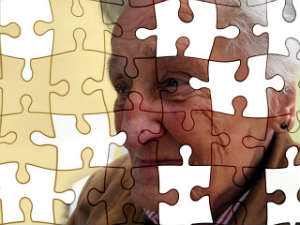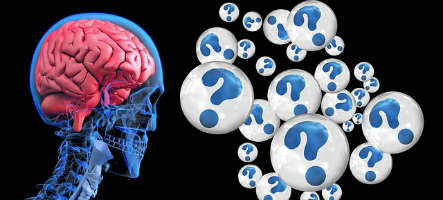All About Alzheimer’s Disease
Dementia is a general term that describes a range of symptoms associated with memory loss and cognitive ability. It occurs when brain cells are damaged, interfering with the ability of brain cells to communicate with one another. This ultimately affects thinking, behavior and feelings. Alzheimer’s is most commonly associated with such symptoms. Mental ability declines so far that daily life becomes a struggle. Unfortunately, dementia affects 47 million people worldwide and costs the global economy $604 billion annually, according to the Dementia Discovery Fund and in this post, Ira Riklis will give more information on the topic.
Dementia In The News
Dementia has recently gotten some attention from billionaire, Bill Gates. He donated $50 million of his personal funds to the Dementia Discovery Fund. Gates stated that any type of treatment of the condition would be a huge advantage over what is available today, but a cure must be the long-term goal.
CNN recently published a report stating that relationship status has an effect on dementia risk. Research suggests that married couples are less likely to develop dementia as individuals who remain single. It is believed that people in a long-term relationship generally lead healthier lifestyles and are more socially engaged than those who are single.
Symptoms Of Alzheimer’s
Many people suffer from memory loss issues. This, however, does not signal that Alzheimer’s is imminent. Those who are genuinely suffering from Alzheimer’s have impaired mental functions including:
- Memory
- Speech
- Ability to focus and pay attention
- Ability to reason and have sound judgment

- Visual perception
People suffering from dementia may have short-term memory problems. They may forget where they placed their wallet or keys, forget appointments or lose their way when venturing out into what should be familiar areas, such as their own neighborhood. Because dementia is a progressive condition, trouble with memory and cognition may become worse over time. In the beginning, such problems are noticeable but are nothing more than annoying. In the early stages, a person can still function in their daily lives without too much concern. However, as progression occurs, a person can become so forgetful that it is dangerous for them to be alone. Many who suffer from Alzheimer’s are at risk for wandering off and getting lost. Once the disease progresses to a certain point, it is no longer safe for that individual to live alone.
Protecting Yourself From Alzheimer’s
Although there currently is no cure for Alzheimer’s, there are steps you can take in your everyday life to reduce your risk of developing the disease. One of the best ways to avoid Alzheimer’s is to use your brain and exercise your cognitive skills regularly. We all know what happens if we lead a sedentary lifestyle with little exercise. We lose muscle. The same happens with your brain. If you don’t stimulate your mind, you will begin to have memory and cognitive issues, particularly if you’re at risk for developing dementia. The following simple steps can provide protection from the devastating disease that is Alzheimer’s:
- Consume berries because they are great for fighting memory impairment
- Eat foods with omega-3 fatty acids. Studies have found that increasing your intake of omega-3 can stave off Alzheimer’s.
- Take folic acid supplements to increase cognitive function.
- Have a drink of red wine or grape juice with your evening meal which helps protect brain cells.
- Keep your blood pressure in check. Hypertension is associated with a higher instance of Alzheimer’s.
- Maintain an active social life. Studies have shown that remaining socially active and having a strong social network throughout life can reduce your risk of Alzheimer’s.
If you’re having a bout of memory lapses, don’t panic. This does not signal that there is a problem. If you have concerns, you should talk to your doctor to rule out any conditions that might suggest you are at risk of developing Alzheimer’s.







